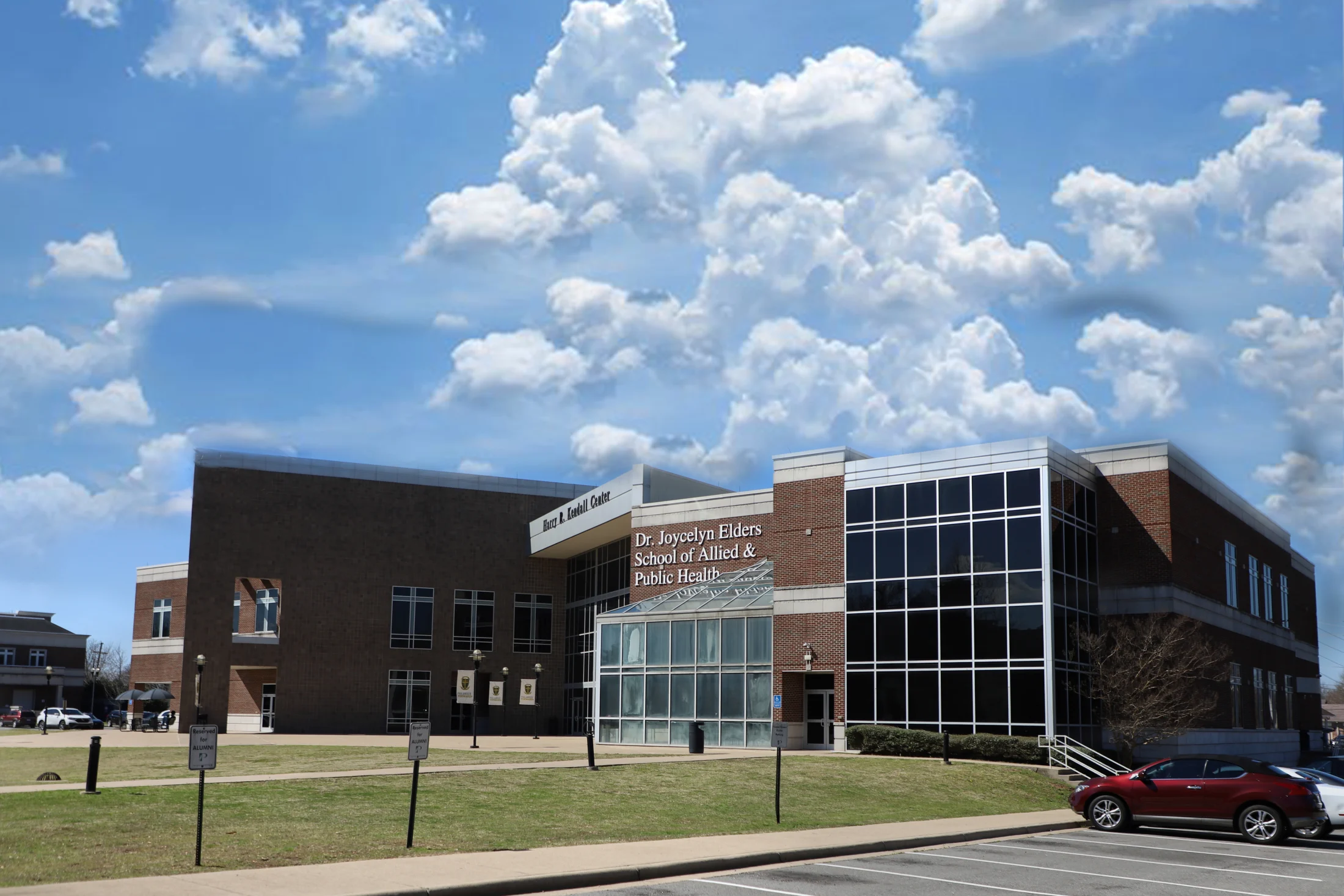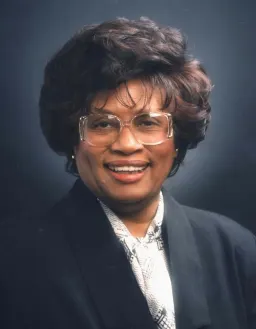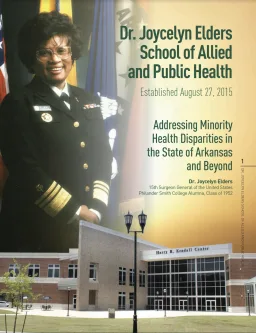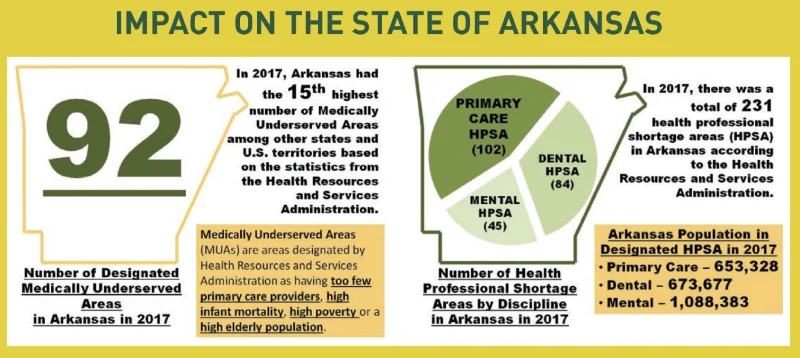
Dr. Joycelyn Elders School of Allied & Public Health
In response to the troubling state of health in Arkansas, the Philander Smith University of Trustees approved the establishment of the Dr. Joycelyn Elders School of Allied and Public Health. The school proposes to deploy innovative strategies to address minority health disparities and to strengthen the pipeline of highly qualified, culturally competent nurses, rehabilitation counselors and allied health practitioners in Arkansas.
Meet Our Inspiration

Dr. Joycelyn Elders was born Minnie Lee Jones in Schall, Arkansas during the greatest economic downturn in America's history - the Great Depression. The oldest of eight children of a poor sharecropping family, she envisioned a future for herself that her peers in the African American commtmity could only imagine. Home was a three-room cabin that lacked an indoor toilet and electricity. One of her earliest memories was being taught to read by her mother who had an eighth grade education. She graduated as valedictorian of her high school class, and enrolled at Arkansas' premier Historic Black College, Philander Smith College, where she was supported by scholarships from the United Methodist Women. Initially, college looked doubtful for Dr. Elders as her father did not want to let her attend college. Persuaded by her grandmother, Mr. Jones changed his mind. Dr. Elders' family picked cotton to earn the $3.43 for her bus fare to Little Rock. She was the first in her family to earn a college degree. Dr. Elders completed the requirements for the degree in three years. While pursuing a degree in biology, she changed her name to Minnie Joycelyn Lee Jones. After earning her Bachelor of Science Degree, she began work at the Veterans Administration Hospital in Milwaukee, WI. She later joined the United States Army in 1953.
After three years working as a physical therapist, she was accepted to attend the University of Arkansas Medical School, earning her Medical Degree in 1960. Following a Residency in Pediatrics at the University of Arkansas Medical Center, Dr. Elders earned a Master's Degree in Biochemistry in 1967, at the age of 34.
Philander Smith College served as the foundation for her three higher education degrees, which led to careers as a pediatrician, public health administrator, and a vice-admiral in the Public Health Service Commissioned Corps. Confirmed as the Fifteenth Surgeon General of the United States on September 7, 1993, Dr. Elders was the first African-American and the second female to head the U.S. Public Health Service.

In 1960, Dr. Elders met and married Oliver Elders. Over the next twenty years, she combined a successful office practice with research in pediatric endocrinology, the study of glands. She became an expert in growth problems and juvenile diabetes. In 1986, then-Governor Bill Clinton named Dr. Elders the Director of the Arkansas Department of Health. She continued to serve as a Cabinet Member in Governor Clinton's Administration through the time he was elected President of the United States. As the United States Surgeon General, Dr. Elders focused on the prevention of teen pregnancy, tobacco use, acquired immune deficiency syndrome (AIDS), gun control, and drug and alcohol abuse.
Since leaving her position in President Bill Clinton's Administration, Dr. Elders has become a nationally acclaimed speaker, a faculty researcher at the University of Arkansas Medical Center, and a professor of endocrinology at Arkansas Children's Hospital. She has been recognized as one of the Twentieth Century's most important medical professionals, civil servant, educator, and public health advocate. Since 1995, she has fought for universal health coverage, health care reform, and comprehensive health education. She has served as President of the Southern Society for Pediatric Research and Sigma Xi, a scientific society.



